This F1 preview Germany 2019 was written by Nick van der Meulen.
Germany has played a huge role in Grand Prix racing, particularly in the 1930’s. Adolf Hitler used the European Championship as a political platform to demonstrate Germany’s superiority over Italy, France and Great Britain and he offered 100 000 reichsmarks to the German manufacturer who managed to do so.
Dominant force
Mercedes-Benz and Auto Union stepped up to the plate and impressed the German leader to the point that he shared the prize between the two marques. From the early 30s until the announcement of World War II in 1939, grand prix racing was dominated by the German marques: so technologically advanced were they that Alfa Romeo, Bugatti, Talbot, Sunbeam and ERA could only shake their heads in bemusement.
Once the F1 world championship began in 1950, however, Germany’s imposing presence was a distant memory. Mercedes made a return in 1954 and provided Juan Manuel Fangio with two world titles (1954 – shared with Maserati – and 1955), but Pierre Levegh’s accident at Le Mans in 1955 saw Mercedes withdraw from the sport for almost 50 years.
German involvement
Wolfgang “Taffy” von Trips was looking to be the first German world champion in 1961, but he was tragically killed in Monza when he went over the embankment and hit a tree. A German would only be crowned champion 33 years later in Michael Schumacher.
Germany’s presence in F1, however, always remained with its challenging race tracks. The circus visited Avus, Berlin, in the 50’s – a fast, banked circuit, but Nürburgring was and remains the most challenging circuit in F1 history. “Die grüne Hölle” (the Green Hell), as it was referred to, killed many great racing drivers over the decades. The circuit in its original form was last used in F1 in 1976 when Niki Lauda had his fiery accident and the German Grand Prix was moved to Hockenheimring. Both circuits have since reappeared on the F1 calendar and both have been heavily revised for this purpose.
Cash-strapped
The German Grand Prix has been under threat for over a decade, due to financial constraints. Neither circuit has been able to afford to run a F1 Grand Prix and has needed help from the government or large sponsors. This weekend could be the last German Grand Prix fans will see for a while, as the contract to host the event is due to expire and has not been renewed by Liberty Media.
Multiple champions
German fans have been blessed with multiple world champions wowing them (Schumacher and Vettel) over the last two decades, while Mercedes has returned to dominate proceedings – as it has done again this season. Mercedes will be running special regalia for the German Grand Prix to try and add a bit of spice, while Sebastian Vettel and Ferrari’s challenge is never too far away. Vettel was very competitive at Hockenheim last season and he will be aiming to put the challenge to Mercedes and Lewis Hamilton, in particular. More importantly, he will be looking to avoid an unforced error as he made last year while leading the race.
Click here to see the 2018 race highlights.
There is also Nico Hulkenberg, who would love to perform strongly in front of his home crowd, but Renault has admitted to fundamental problems with its 2019 machine. The team may be able to hold the fort as “best of the rest”, which implies the German will vie for 7th place with team mate Daniel Ricciardo, but the McLaren drivers (Sainz and Norris) have been performing strongly as of late and will have a role to play in the result.
Surprise result?
Expect more of the same this weekend, though: Mercedes at the top, with Ferrari and Red Bull Racing (and Max Verstappen, in particular) hoping to spring a surprise in the race result – but these six cars are expected to lock out the top six positions. There is a BIG factor that will come into play this weekend, though: extremely hot weather conditions are forecast in Germany and this will affect set up, as well as reliability…

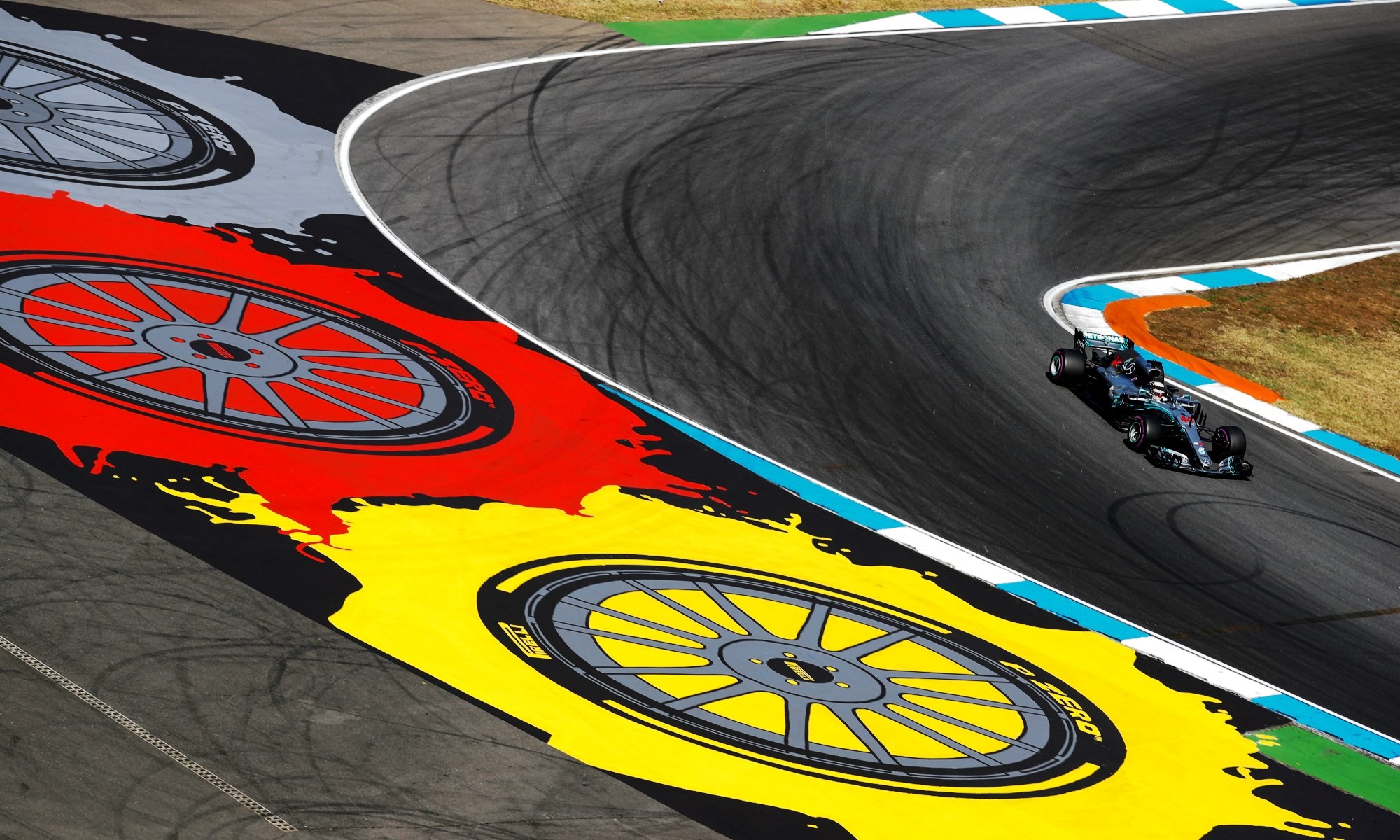
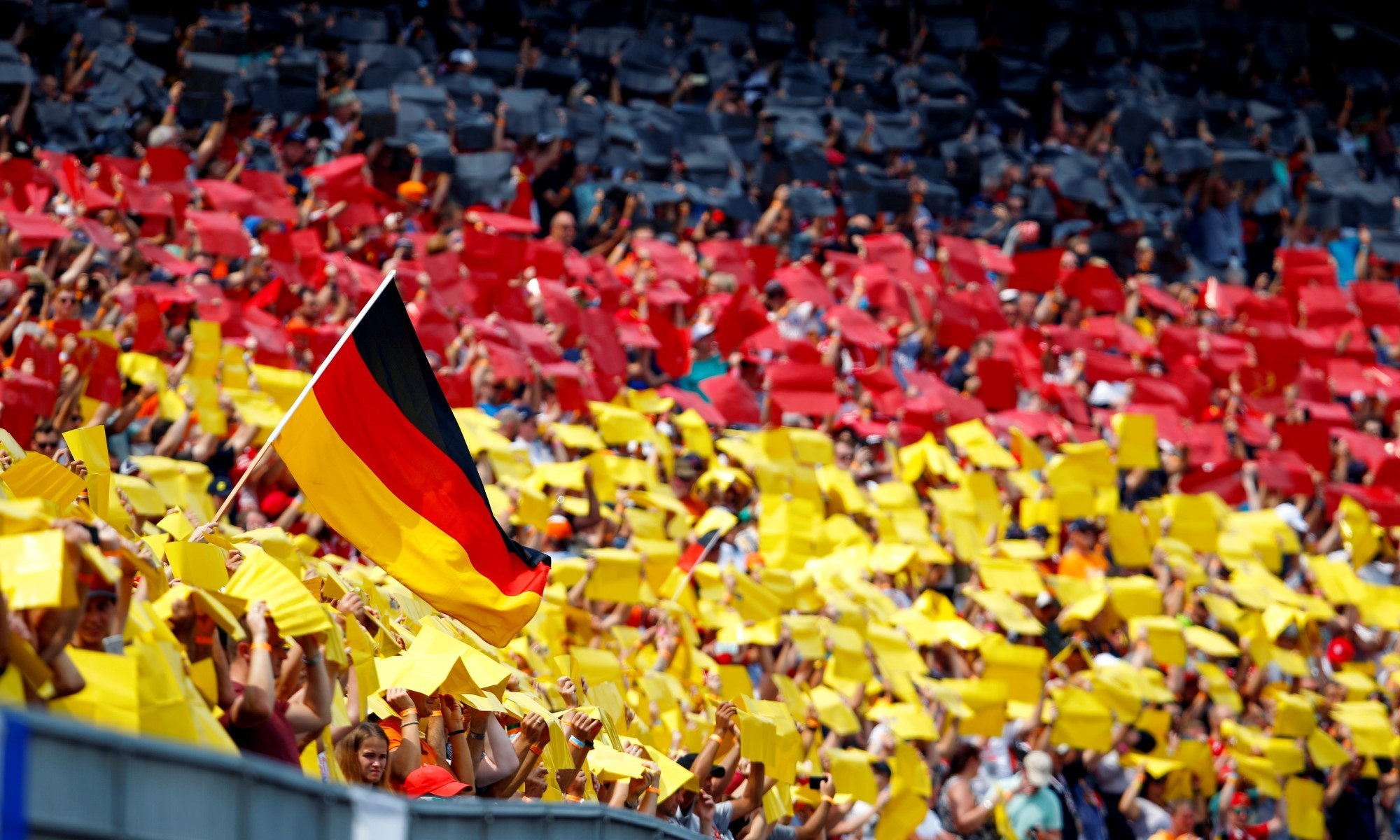

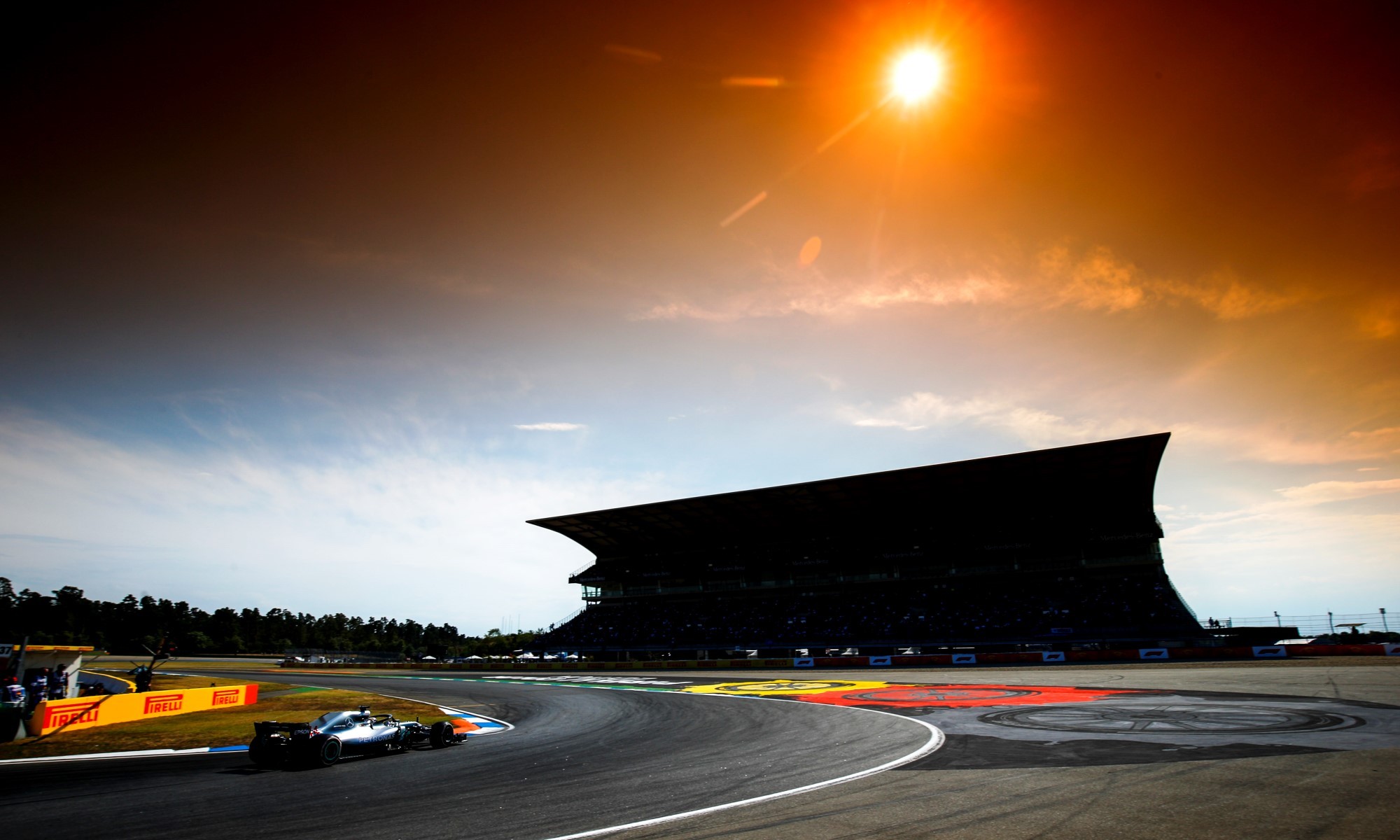

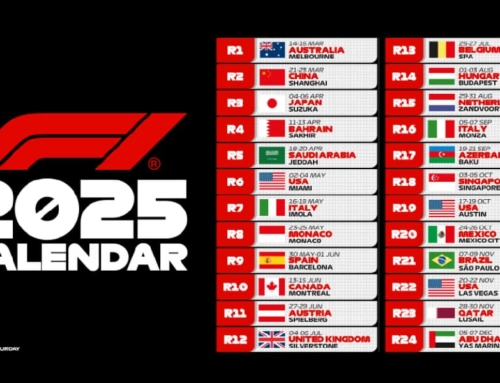
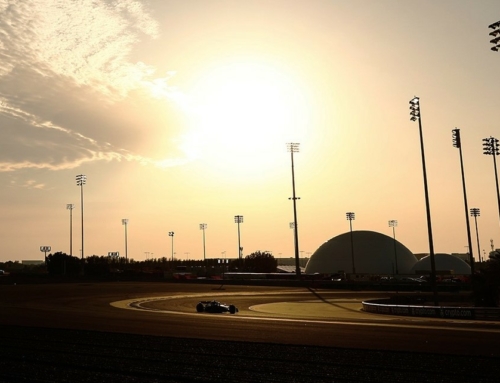
![2024 Formula One Cars [Gallery]](https://doubleapex.co.za/wp-content/uploads/2024/02/mclaren-mcl38-500x383.jpg)
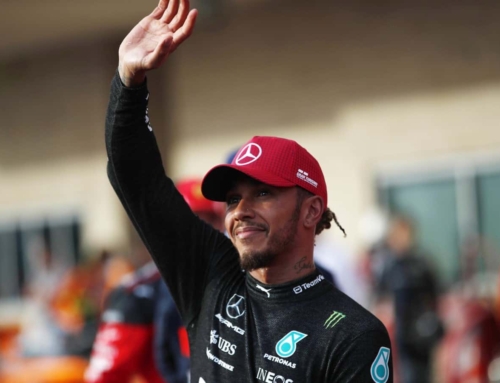
Leave A Comment